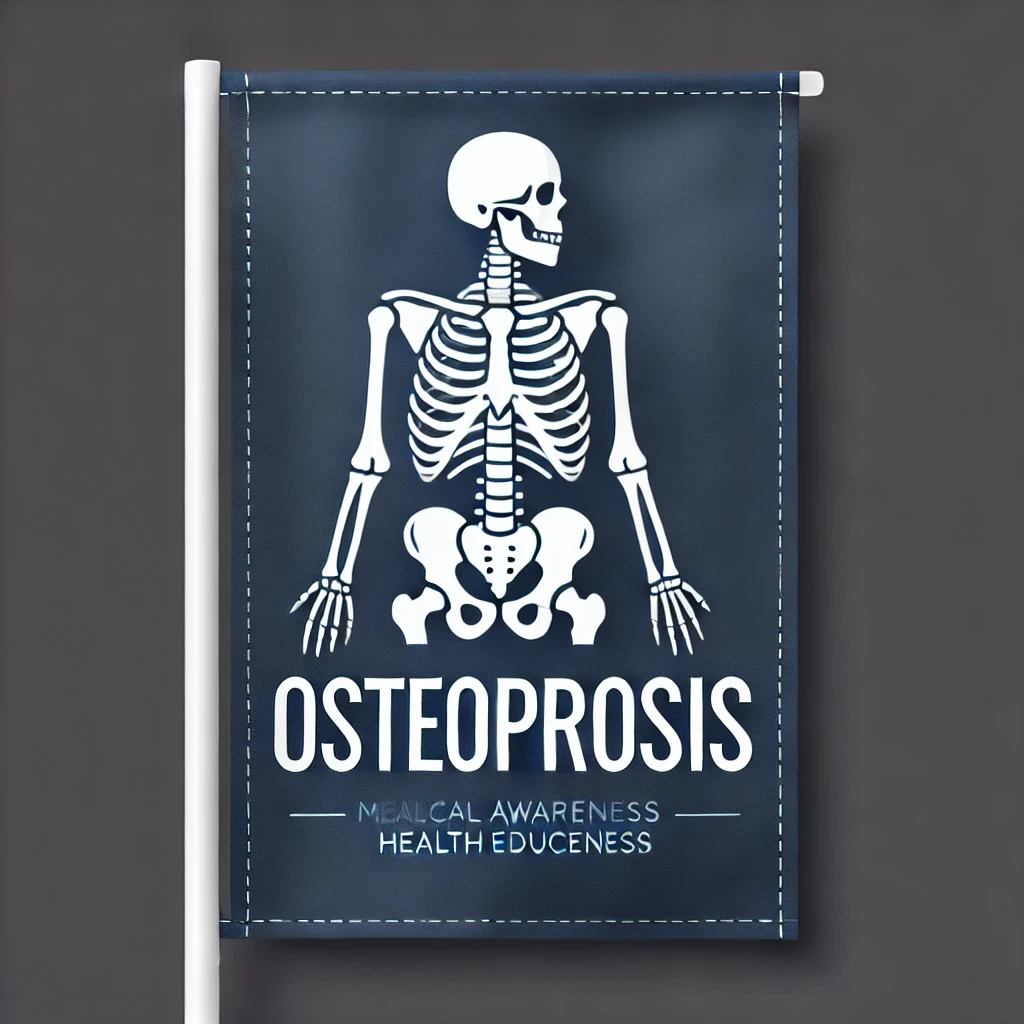How Do You Strengthen Your Bones and Eliminate Osteoporosis? A Functional Medicine Approach in St. Louis

Osteoporosis is often called a “silent disease” because you don’t feel your bones weakening—until you experience a fracture or sudden loss of mobility. As clinicians, we see too many patients who are shocked by their bone density results and left with only one option: prescription medications. But is there more you can do?
At Sheen Vein & Cosmetics in St. Louis, we take a functional medicine approach to bone health. That means looking beyond bone density numbers and asking deeper questions like: Why is your body losing bone? What systems are out of balance? And how can we rebuild bone naturally—before or even after a diagnosis of osteoporosis?
Understanding Osteoporosis: More Than Just Calcium Deficiency
Osteoporosis is defined as low bone density and structural deterioration of bone tissue, which increases the risk of fractures—especially in the spine, hips, and wrists. While it’s more common in women post-menopause, men are also at risk, particularly after age 65.
Contrary to popular belief, osteoporosis isn’t just about calcium loss. It's a complex process involving:
- Hormonal changes (especially estrogen and testosterone decline)
- Inflammation and oxidative stress
- Vitamin and mineral deficiencies
- Poor gut absorption
- Sedentary lifestyle and loss of muscle mass
- Medication use (e.g., steroids, proton pump inhibitors)
If we don’t address these deeper factors, medications alone won’t reverse the process.
Step 1: Assess the Root Causes
In our St. Louis clinic, we begin with a comprehensive evaluation that includes:
- DEXA bone scan to assess bone mineral density
- Bloodwork for vitamin D, calcium, phosphorus, magnesium, parathyroid hormone (PTH), and inflammatory markers
- Hormone panel to assess estrogen, testosterone, DHEA, and cortisol levels
- Gut health testing if absorption issues are suspected (e.g., in celiac disease, IBS, or long-term antacid use)
Understanding why your bones are weakening is the first step to building them back up.
Related: Menopause and Hormonal Balance
Step 2: Restore the Nutrients Your Bones Need
Strong bones require more than calcium alone. We focus on a full spectrum of nutrients that work together synergistically.
🦴 Calcium
- Best from food sources (leafy greens, sardines, sesame, dairy if tolerated)
- Supplement only if dietary intake is inadequate—avoid megadoses
🌞 Vitamin D3
- Essential for calcium absorption and bone mineralization
- We aim for optimal blood levels (typically 50–70 ng/mL)
- Often combined with vitamin K2 to direct calcium into bones (and away from arteries)
💊 Magnesium
- Vital for converting vitamin D into its active form
- Supports bone matrix formation
- Best forms: magnesium glycinate or threonate for absorption and gentleness on the gut
🧬 Boron, Zinc, and Trace Minerals
- These cofactors play a role in collagen synthesis and bone remodeling
- We test micronutrient levels and tailor supplementation based on your individual needs
Step 3: Balance Your Hormones
One of the fastest causes of bone loss is hormonal decline—especially after menopause or in cases of low testosterone in men.
We assess estrogen, progesterone, testosterone, and DHEA to determine if hormone support is appropriate. In some cases, bioidentical hormone replacement therapy (BHRT) can help preserve or rebuild bone mass while improving energy, sleep, and mood.
Explore: How Low Dose Testosterone Can Help Menopausal Women
Step 4: Move Your Body—The Right Way
Weight-bearing exercise is critical for stimulating bone-building cells called osteoblasts. We recommend:
- Resistance training (2–3 times per week): Focus on legs, back, and hips
- Walking or hiking: Helps with weight-bearing impact
- Balance and core training: Reduces fall risk and protects the spine
Movement not only builds bone—it also maintains muscle, which is a key predictor of longevity and independence.
Step 5: Reduce Inflammation and Heal the Gut
Chronic inflammation can accelerate bone loss. We often see this in patients with:
- Autoimmune conditions
- Food sensitivities
- Leaky gut
- Long-term use of NSAIDs or antacids
We use advanced stool testing, elimination diets, and gut-healing nutrients (e.g., glutamine, probiotics, collagen) to restore digestive health—so your bones actually receive the nutrients you consume.
Read more: The Gut-Immune-Hormone Connection
What About Osteoporosis Medications?
While medications like bisphosphonates or Prolia can slow bone breakdown, they don’t address the deeper reasons why bone loss is happening—and they come with potential side effects. In functional medicine, we aim to restore the body’s natural bone-building pathways, sometimes alongside medications, but often with less need for them long-term.
Take Control of Your Bone Health in St. Louis
Whether you're hoping to prevent osteoporosis or reverse it naturally, you have more options than you may realize. At Sheen Vein & Cosmetics, our functional medicine approach to bone health is tailored to your unique biology—not just a bone scan result.
📞 Call 314-842-1441 to schedule your consultation
💻 Visit www.sheenveinandcosmetics.com to learn more about our functional medicine services
Osteoporosis doesn’t have to define your future. With the right support, you can rebuild strong, healthy bones—naturally.